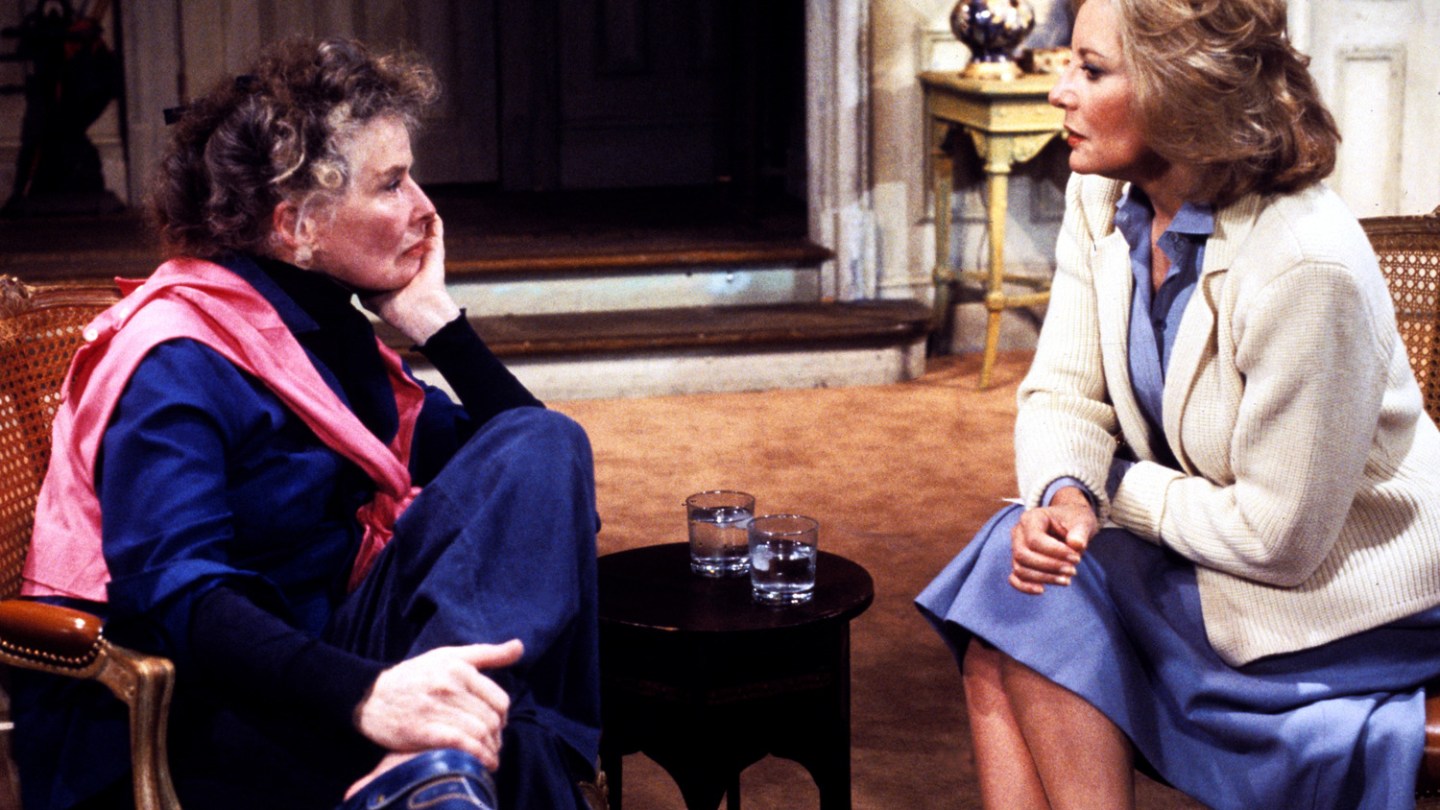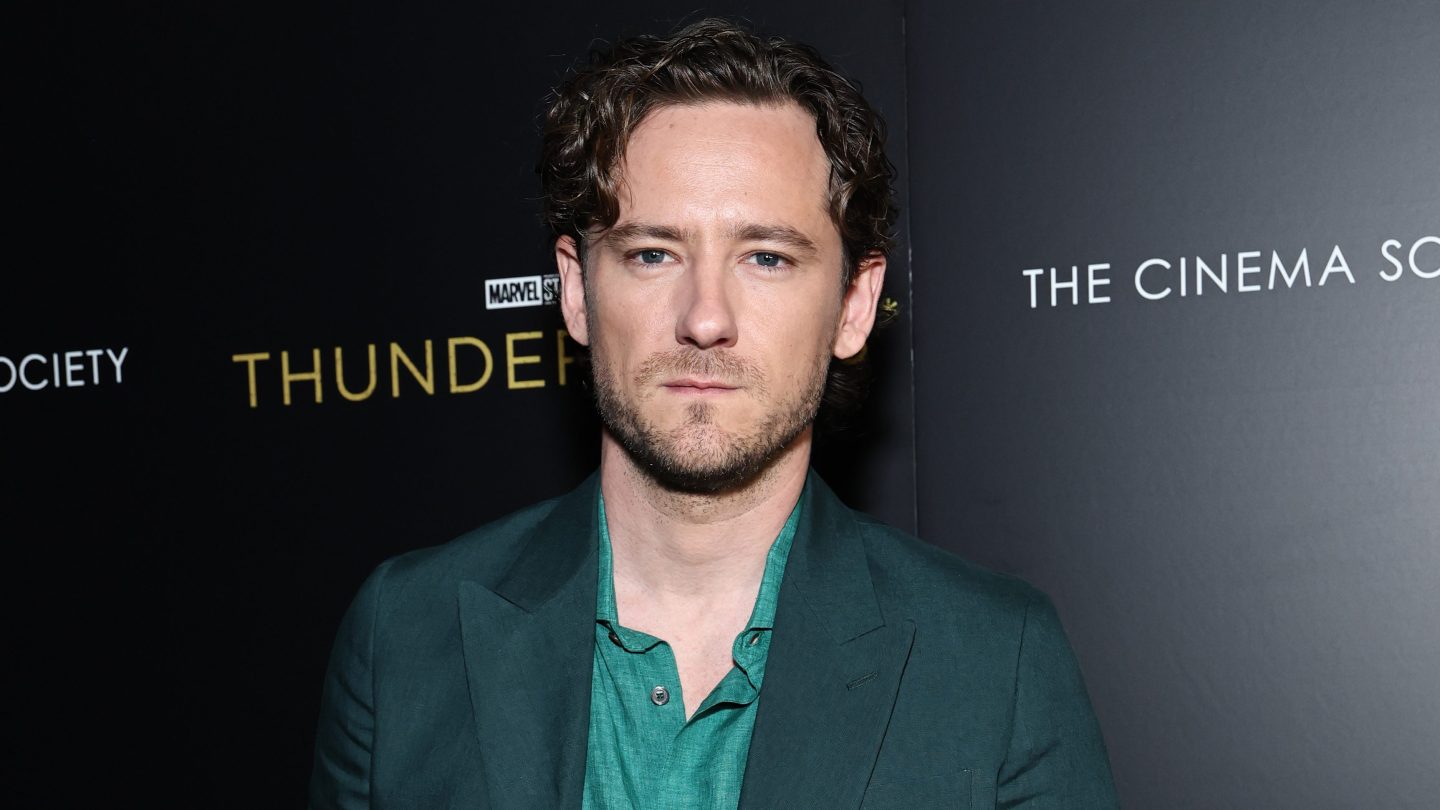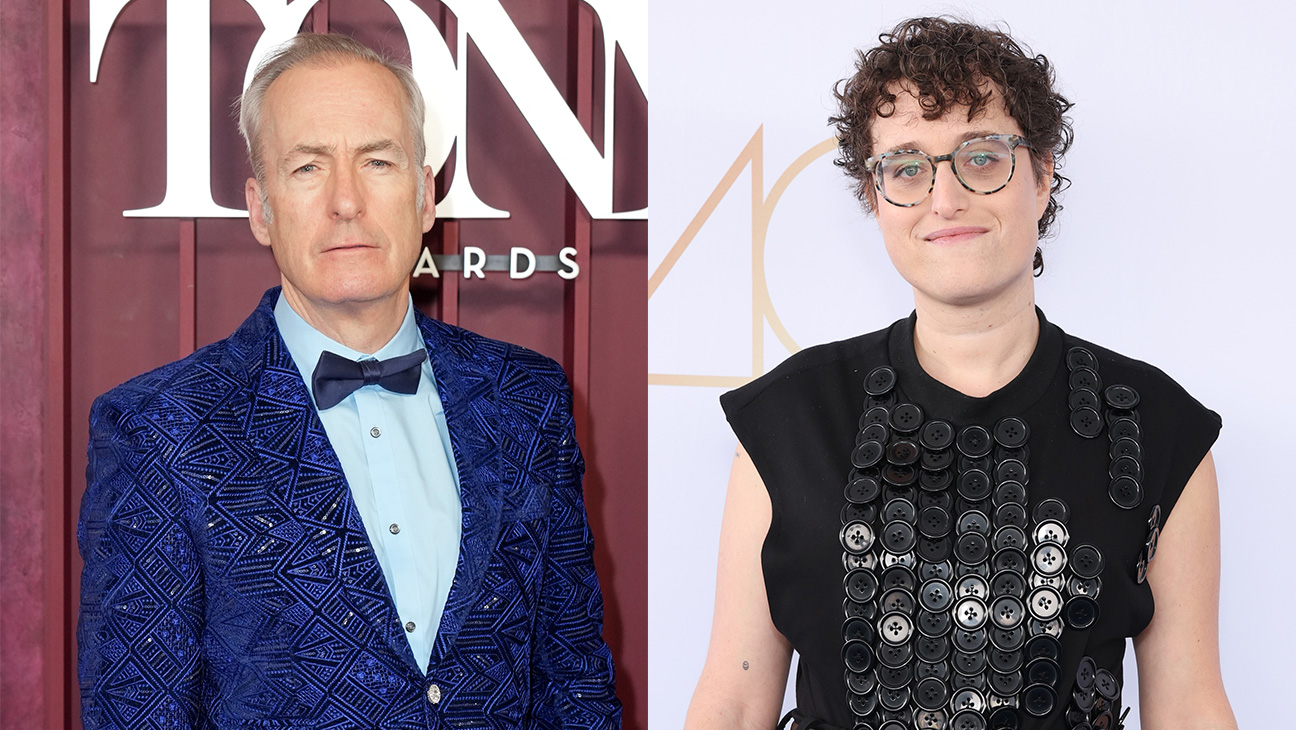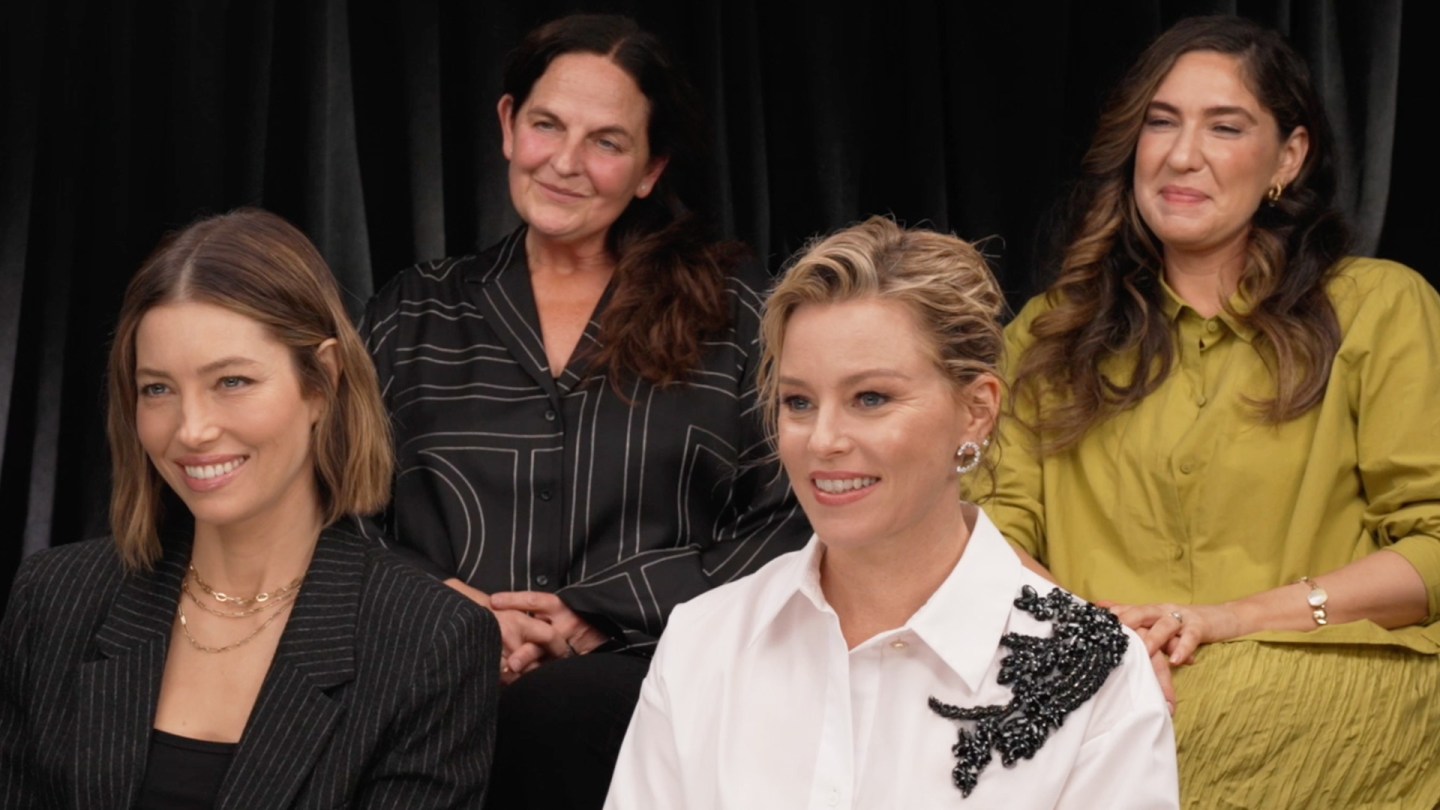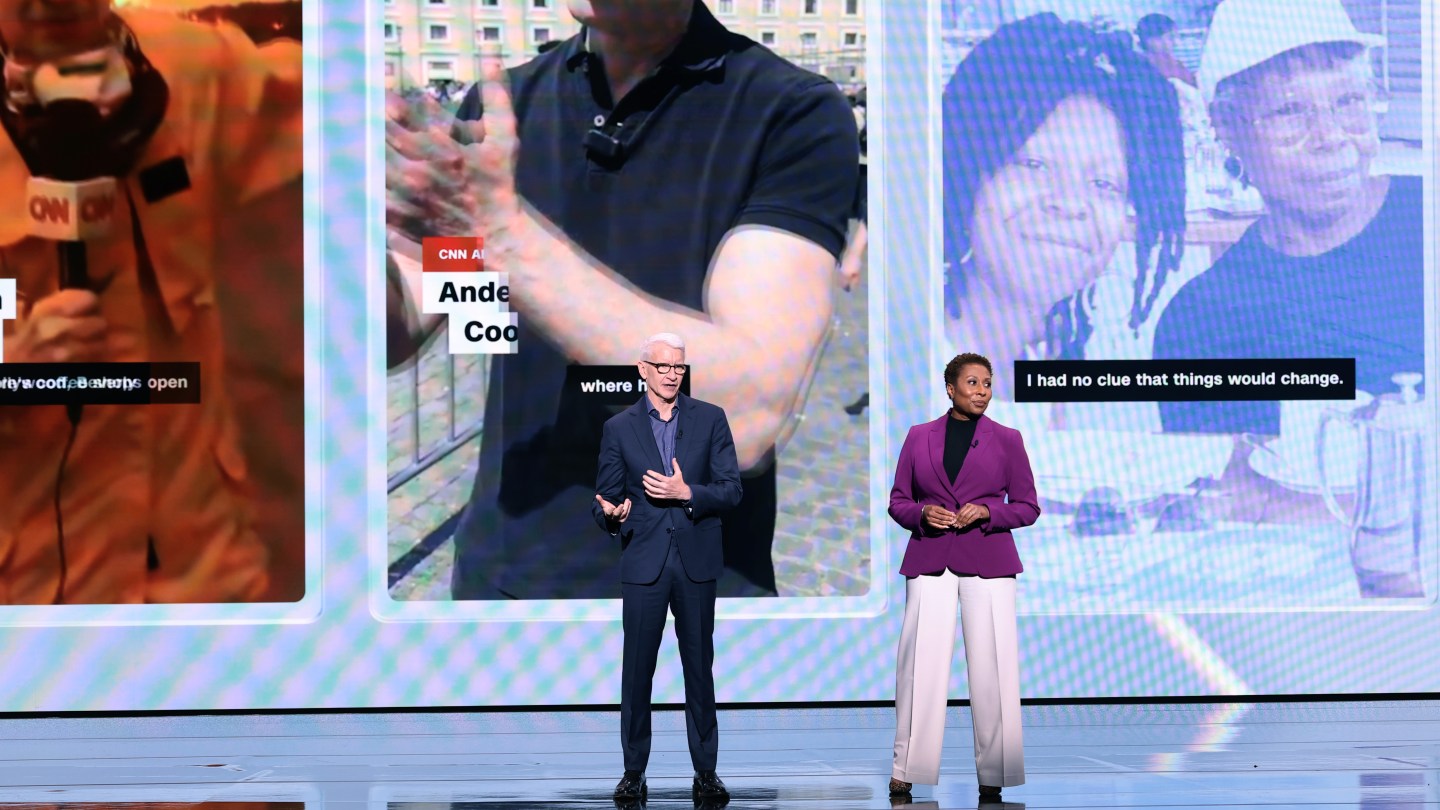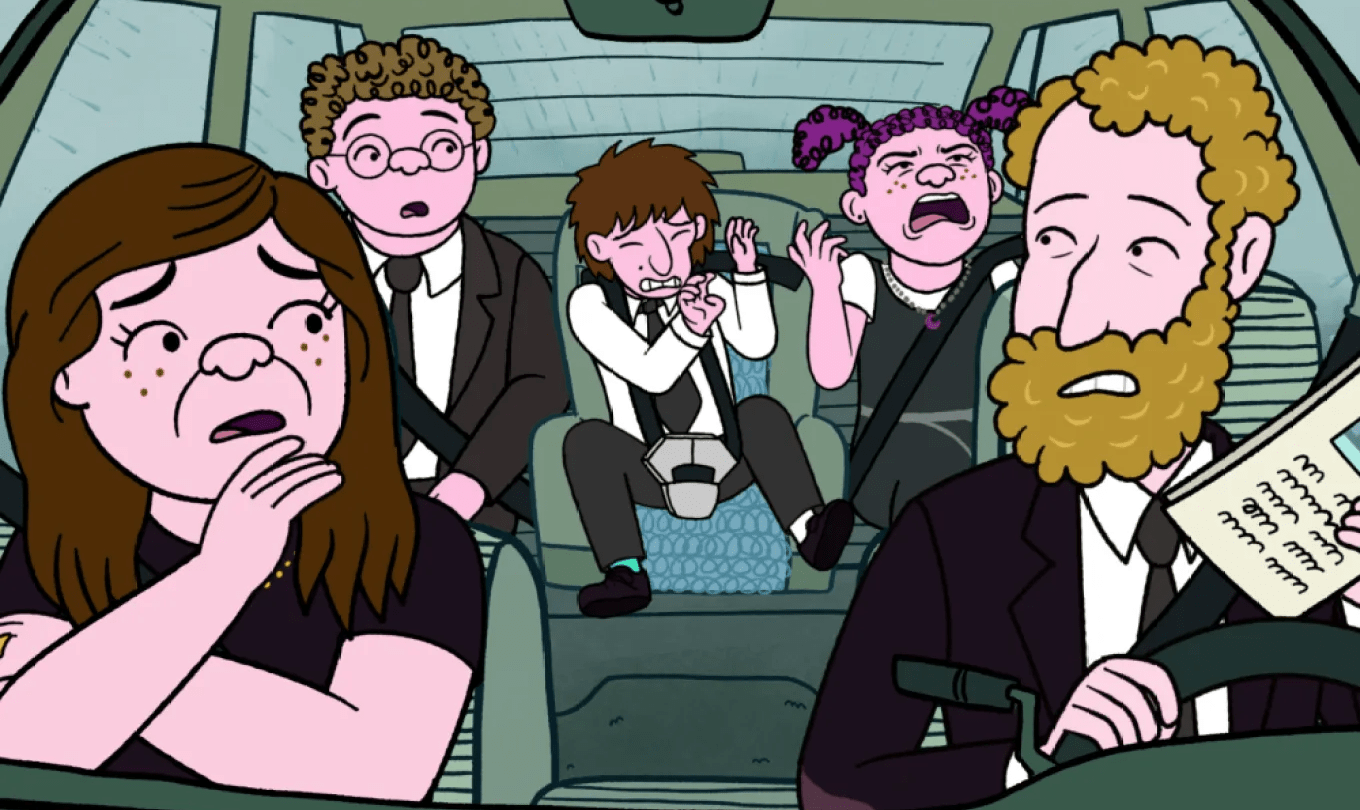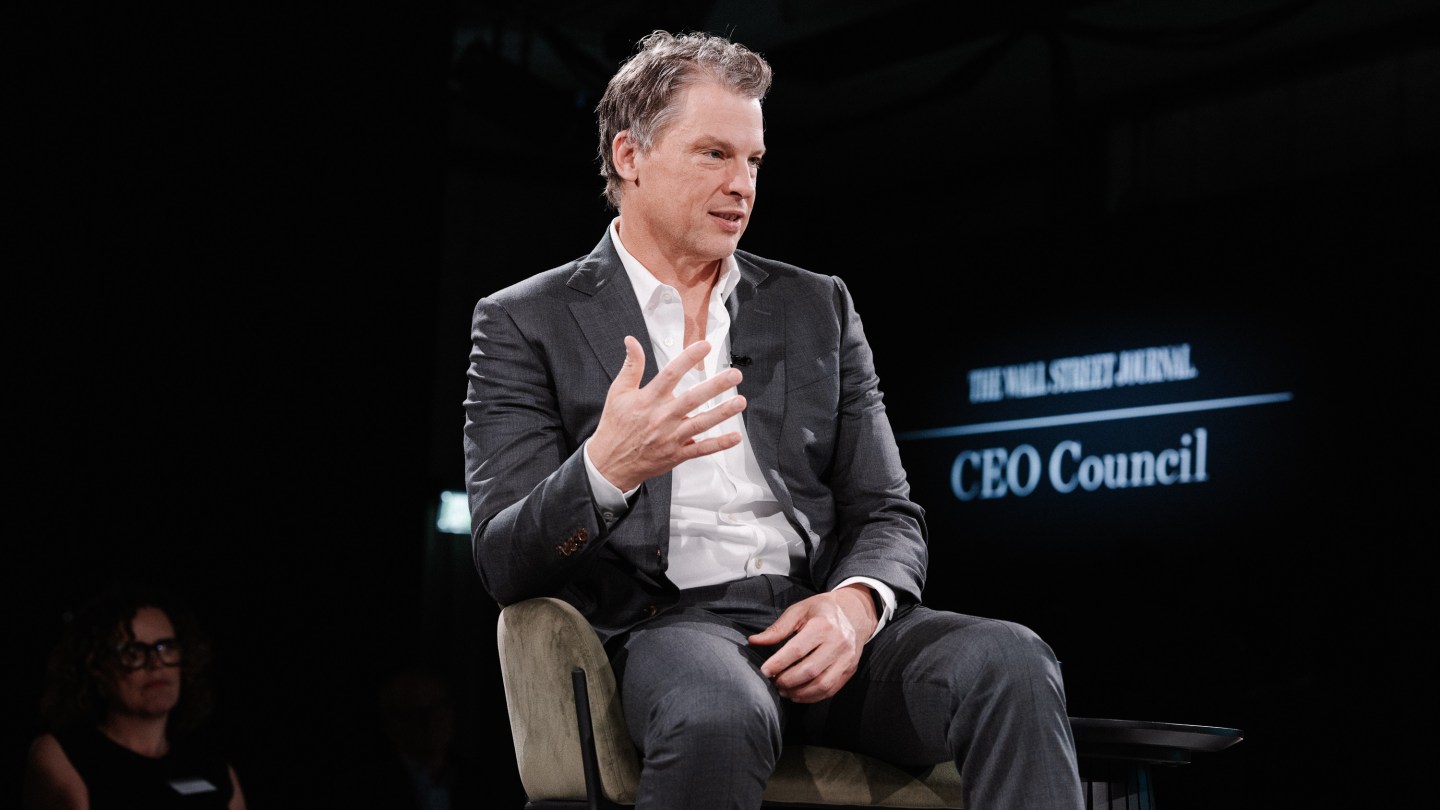
Netflix co-chief Greg Peters shared some insight into the global streaming giant’s playbook during The Wall Street Journal CEO Council Summit in London on Wednesday, including its thoughts on political proposals in the U.S. and U.K., competition from YouTube, and the streamer’s push into advertising.
Asked about a recent proposal from a U.K. parliamentary committee for a levy of 5 percent of U.K. subscriber revenue on foreign streaming services, including the likes of Netflix, Amazon, Apple TV+ and Disney+, to help finance British drama production, Peters said: “I think it would be a mistake. … I could list 100 titles that were made here in the U.K. that U.K. audiences loved. Whether it’s Adolescence or Toxic Town, the Harlan Coben stuff, such as Fool Me Once, or, even Black Doves.”
U.S. President Donald Trump’s suggestion of possible tariffs on entertainment produced abroad and the debate about how the U.S. could attract more productions was also brought up. Peters in response pointed to the success of the U.K., Netflix’s second-largest production hub behind the U.S. “One of the reasons that we’ve invested a lot here is because there’s incredible infrastructure, there’s incredible talent, and there’s a great production incentives model,” he said. “So everything is in place to make this ecosystem really, really work. And I think that that’s a great example for the United States as well. We have got good infrastructure in many places. We got a lot of great talent. And states are highly competitive with production incentives that allow us to bring more work to places like New Jersey, where we’re building a whole new production facility, or New Mexico, where we’ve built a new production facility. I think that’s probably the model to think about.”
No tariffs worries then? “We try to focus on the things that we can control,” Peters said. “If we have a specific proposal to respond to, we will, but nothing really material yet.”
Some observers have suggested that AI could help further personalize entertainment options served up to subscribers. “There’s a really interesting question around what entertainment experiences people gravitate towards,” Peters said. “There’s no doubt that highly personalized anchors one end … but a shared, a joint experience anchors another end of that. What I think is happening more and more is that we’re actually going to the sort of bimodal distribution of value. So, that middle is the place that’s getting washed out.”
The co-CEO then outlined what that means for companies and their strategies. “There’ll be companies that do an amazing job in the incredibly micro-personalized and maybe to the point of you’re starring in your own narrative,” he said. “There’s a big center of value that we’re really more focused on, which is how do we present a collective experience that we can all talk about. So, if you and I both watched a show like Adolescence, for example, there’s value in us having that shared experience and being able to talk about it.”
User-generated content as competition was also an area Peters discussed, acknowledging that YouTube, for example, was competition for consumers’ time and attention. “We look at YouTube as a training ground for creators,” he highlighted though. Netflix hopes to attract some of them and “give them the opportunity to tell their story in our model which is different from YouTube,” he added. “We fund the productions rather than relying on the creator to fund it. We can typically fund them at a higher level. We have a more efficient monetization model than YouTube does.”
Asked about Netflix’s push into advertising with its ad tier, Peters said: “We’re really just getting started.” When the firm starts something new, it won’t be great at it right away, the executive tends to tell his team. “There’s ton of opportunities for us to extend the way that ads show up” in new formats, in ways that work for audiences and marketers, he mentioned. “Better targeting and better personalization” are among the other future upside areas.
Does Netflix think about itself more like a family or a soccer team? “We definitely think of ourselves as a sports team rather than a family,” Peters explained. “And the thought there is that we want to have an explicit approach that we seek the best players for every position. That means different skill sets in different positions. But it’s not a family situation which is unconditional love.”
The executive’s appearance, entitled “Borderless by Design: Disruption, Scale, and the Global Netflix Playbook,” was live-streamed. “As the streaming landscape evolves, Netflix continues to lead through disruption and expansion,” a description for it said. “Peters discusses what it takes to guide one of the world’s most recognized consumer brands across markets, technologies, and audiences. From navigating cultural complexity to scaling innovation and building new revenue models, Peters shares how Netflix’s leadership approach is shaping the next phase of global growth – and setting the tone for the future of entertainment.”
Netflix co-CEO Ted Sarandos said on Tuesday during a visit to Madrid to celebrate the streaming giant’s 10-year anniversary in Spain that the company would invest €1 billion ($1.1 billion) in the country by 2029.
#Netflix #CoCEO #Greg #Peters #Tariffs #Levy #Ads #Sports #Team

